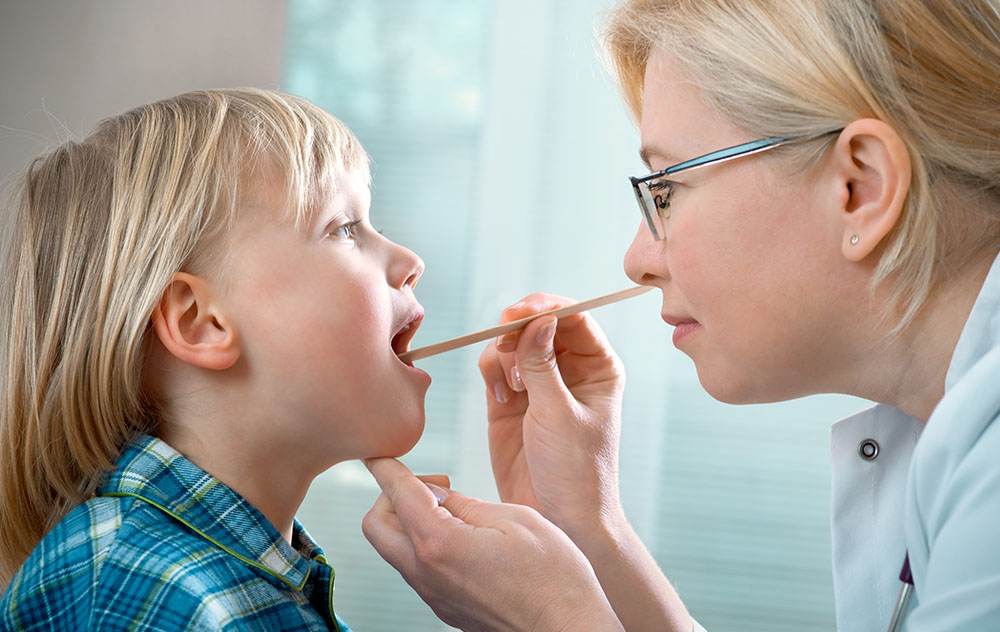Financing Options & Financial Assistance for Hearing Care
Managing hearing loss is an investment in your quality of life, and
Welcome Dr. Aimee Jones to Brentwood Hearing Center! She looks forward to providing expert, compassionate care and warmly welcomes her loyal Vanderbilt University Medical Center patients to join her here.


Managing hearing loss is an investment in your quality of life, and

Water used to be a major challenge for hearing aid wearers. A sudden

Most people think of hearing tests as something you do when you’re